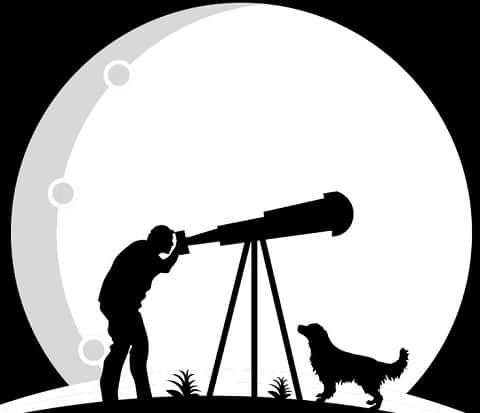I’ve been doing astrophotography for several years now, and I’ve learned a few things along the way. So in this post I’ve lined up some of my top tips for those just starting out in the hobby. Feel free to comment below with some things you wish you knew before starting astrophotography.
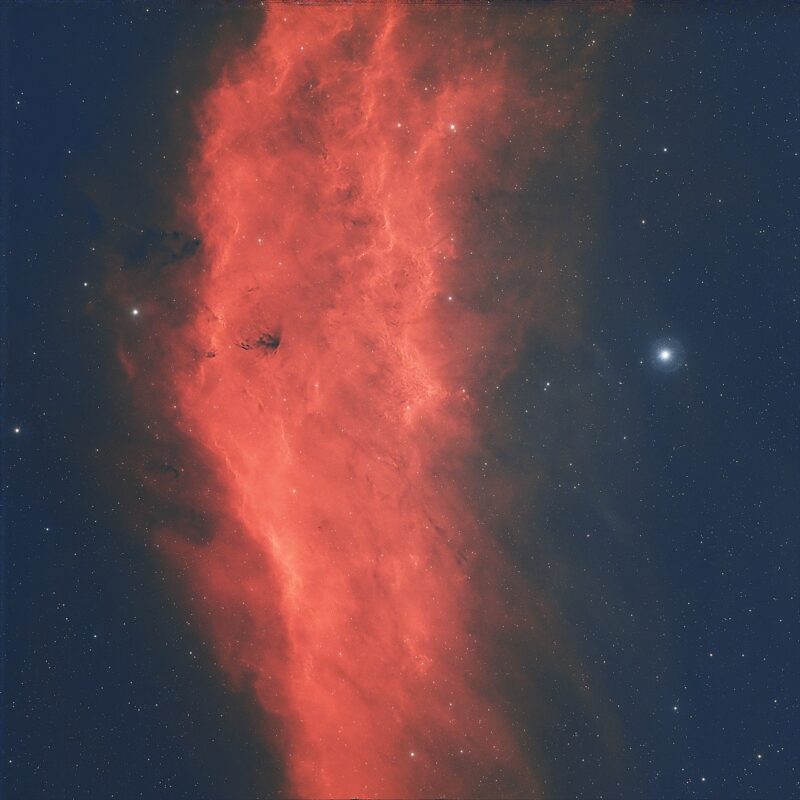
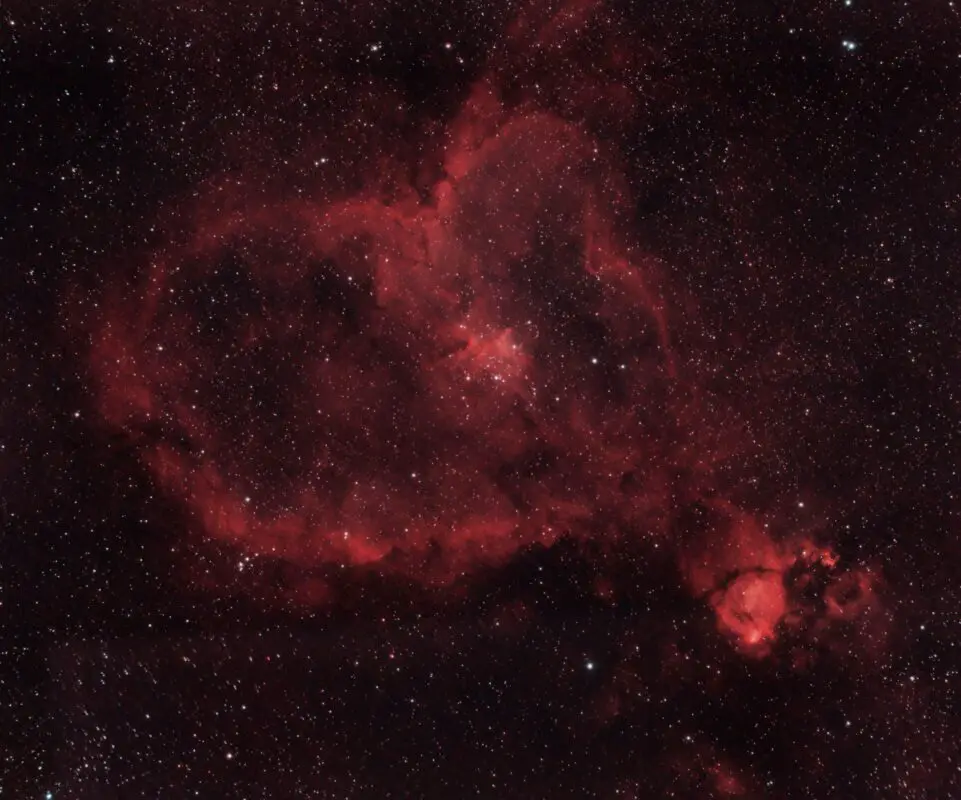
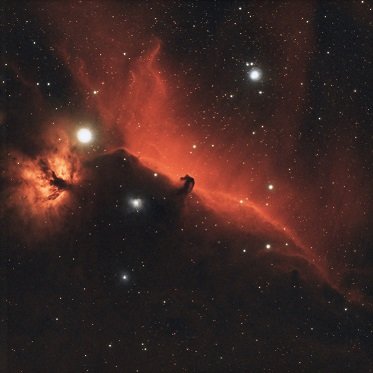
A collection of some of my astrophotography images over the years
Tip 1 – Your journey is your own and not anybody else’s
What do I mean by that? Astrophotography is expensive, complex and there are many different ways of achieving the same thing. Whether that’s using a portable star tracker, bigger deep sky mount, a reflector, a refractor, holding up your phone to an eye piece, or a camera on a tripod taking Milky Way nightscapes, there is no one right way of doing things.
Then when you factor in your local weather, light pollution, work pattern and other life commitments, it can feel like the odds are stacked against you. Be patient, take your time to learn your equipment, and don’t rush things. The images will come in time. It took me 3 frustrating nights to achieve this image of Andromeda, my first ever deep sky photo.
I think we can all agree it’s nothing to write home about, but what it did do was prove I was on the right track. I had polar aligned, found the object to image, focused (mostly!), and used the correct settings to capture an image of a distant galaxy. Not forgetting the calibration frames, of course!
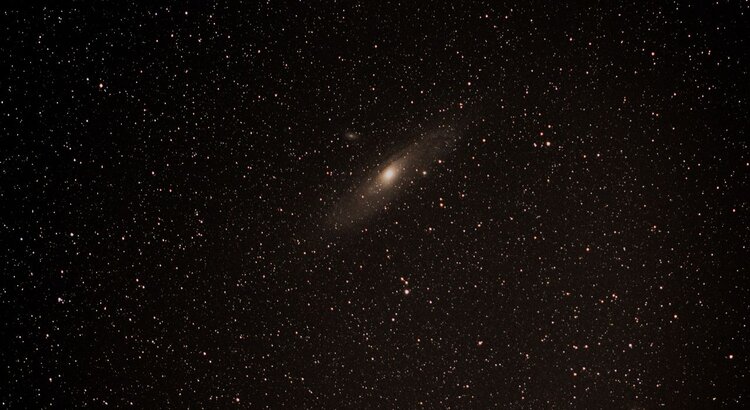
This sparked the excitement in me to purchase my first imaging telescope, the Sky-Watcher Evostar 72ED. Then, a couple of years later, I was inspired enough to create this website and YouTube channel to share the wonders of the universe with others!
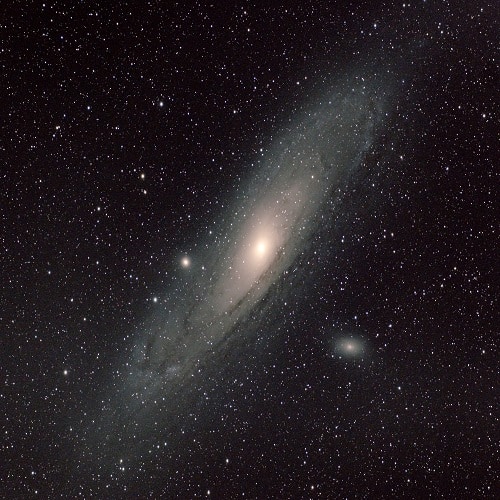
There’s also image processing to think about once you’ve captured your images. There are lots of different software options to choose from and lots of different ways to edit your images. At the end of the day, editing a photo is personal to you and there’s no right way of doing things. There are some general principles to follow such as curve stretches and levels adjustments, but the finished look of an image is down to your personal taste.
Tip 2 – Don’t feel guilty for taking a night off
Astrophotographer guilt is a real thing, I see it talked about a lot on Twitter and I know I feel it myself. Picture this. You haven’t had a clear sky for a month (a regular occurrence here in the UK), you’ve had a long day at work and you have family coming over for dinner.
By the time you’re able to start setting up, it’s been dark for 2 hours, you’re tired and it’s almost time to go to bed before having to get up early to go to work.
You tell yourself “I’ll give it a miss tonight”. Meanwhile, you spend the next hour sitting on the sofa, scrolling through social media and see that everyone else is out imaging. You start to regret your decision. Then the next day all those people start posting amazing pictures and you think, “I wish I’d just gone out and done some imaging last night” and you get annoyed with yourself for not doing it.
Alternatively, you may have decided to image that night but due to being tired and setting up late, you start rushing. Things start to go wrong and you end up getting frustrated. You end up with no images you can use and you’re angry at yourself for wasting a clear night anyway. Trust me, I’ve been there.
It’s okay to take a night off, you deserve it!
Tip 3 – You’ll probably buy the wrong equipment first time round
Yep, that’s right. We’ve all done it! You will probably end up buying something and want to upgrade it 12 months later. Take telescopes for example. I know a lot (not all) come into astrophotography because they had a telescope already, have enjoyed looking through the eyepiece and now they want to take pictures and share them with their family and friends, because space is just so damn cool.
Imaging scopes and visual scopes are, generally speaking, not the same thing. For visual astronomy you want a big light bucket, such as a dobsonian, to collect as much light to present to the eyepiece as possible. A manually tracked dobsonian is no good for deep sky imaging, however.
If you’re wanting to do deep sky astrophotography, you’ll want to start looking at a star tracker, such as the Sky-Watcher Star Adventurer as a minimum. A star tracker will…track the stars! No manual adjustments needed here.
This means you can take those long exposures to bring out the fine details of a deep sky object. You’ll also likely want a different telescope to the big reflectors you see mounted on a dobsonian mount. I think the best place to start is with a small refractor telescope such as the Sky-Watcher Evostar 72ED.
Tip 4 – Don’t skip calibration frames
Calibration frames make an unbelievable difference to your images. Below is a shot I took of the Horsehead & Flame nebulae in January 2022. It was the first time using my deep sky setup at my new house, so I decided to stack without calibration frames just to see how the images turned out, as I didn’t have time to take them during the session.
It is also a good way of checking out how the local light pollution impacts your images. These images have gone through the same image processing workflow and they are the same light frames from one imaging session, the only difference is the calibration frames. You can see what a difference they can make to your images.
As you can see, they are SUPER important!
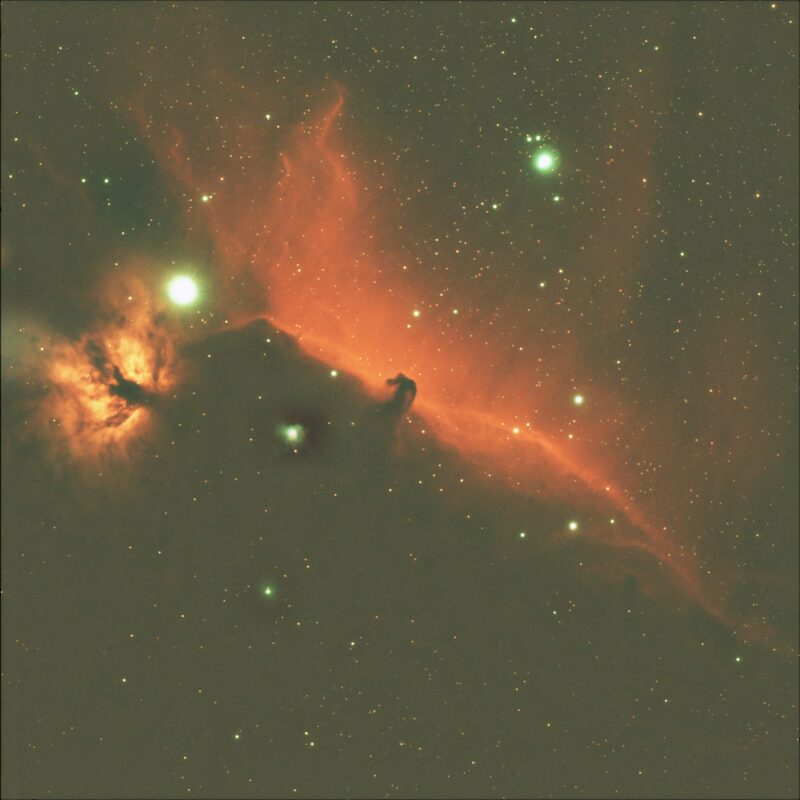

Tip 5 – Use the resources available to you
There are various forums out there, Stargazers Lounge, Cloudy Nights, and for the brave among us, there’s also Reddit. Seriously, what’s wrong with everyone on Reddit?!

There are LOTS of Facebook groups out there. Some people are even helpful enough to offer advice, rather than condescending opinions but they can be a bit hit and miss. I have my own Facebook page, which you can use to get in touch with me.
There are also lots of useful websites out there. I have one myself, but you already knew that! I’ll let you decide on whether it’s useful or not…
Local astronomy clubs. You cannot underestimate surrounding yourself with really knowledgeable, experienced people who will be able to show you how to use your equipment, rather than idiots like me who try and tell you how to do it over the internet.
There are lots more tips I could give you. I do have another page on my website with more useful tips for beginners that you might want to check out.
